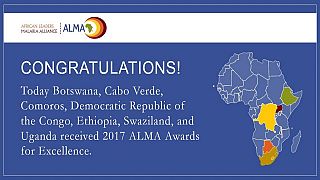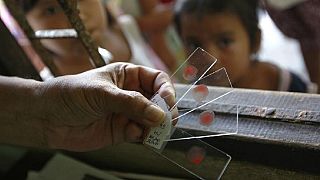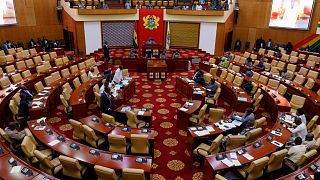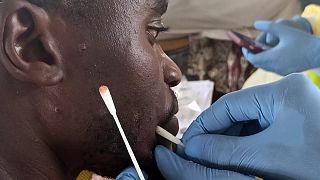Ghana
The World Health Organization (WHO) has announced the introduction of the first vaccine against the mosquito-borne disease, Malaria. The Mosquirix vaccine (also called RTS, S) was created specially for infants.
The global health outfit disclosed that the RTS, S vaccine will be administered in three sub-Saharan
African countries starting next year. The three countries are Kenya, Ghana and Malawi.
By the end of the pilot phase (2018 – 2020) an estimated 360,000 children are expected to be given the vaccine. WHO wants to vaccinate at least 120,000 children in each of the countries participating in the pilot program. The areas most affected will be given priority.
“The pilot deployment of this first-generation vaccine marks a milestone in the fight against malaria. These pilot projects will provide the evidence we need from real-life settings to make informed decisions on whether to deploy the vaccine on a wide scale,” said Dr. Pedro Alonso, Director of the WHO Global Malaria Programme said in November 2016.
Developed by UK-firm GSK
The vaccine is developed by the British pharmaceutical giant GlaxoSmithKline (GSK) in partnership with the NGO Path Malaria Vaccine Initiative.
Combined with proven diagnostic methods, treatments and prevention measures, such as mosquito nets impregnated with mosquito repellents, “this vaccine could save tens of thousands of lives in Africa,” Matshidiso Moeti, WHO’s Africa Director said.
The pilot project should notably assess the effectiveness of the vaccine “in the context of routine use” as well as possible logistical obstacles, Moeti further disclosed. This will include sensitizing parents to a new immunization cycle that does not correspond to the traditional childhood immunization cycle (DTP, measles, etc.).
As per the prescriptions for the vaccine, a total of four doses must be inoculated to the child: when it is 5 months, 6 months, 7 months and 2 years.
The Mosquirix, which received a positive review from the European Medicines Agency (EMA) in July 2015, does not prevent any infection with the plasmodium parasite responsible for the disease.
Africa’s fight against Malaria
Africa is by far the continent most affected by malaria, accounting for 92 percent of the 429,000 people killed worldwide in 2015, according to WHO figures. Children under five represent more than two-thirds of these deaths.
This program is in line with the efforts made since the 1990s to eradicate malaria. Between 2000 and 2015, the number of people who died from this disease decreased by 62%.
Malaria is characterized by cyclic episodes of fever, which may be accompanied by diarrhea, vomiting, migraines or muscle pain.













01:04
South Africa reports new bird flu outbreak on poultry farms
Go to video
Paraguayan town celebrates vibrant Kamba Ra'anga festival with masks, fire and tradition
Go to video
Families grapple with life in the wake of the Israel-Iran Conflict
11:15
AI drones lead breakthrough against malaria in Africa [Business Africa]
Go to video
Over 40 killed in attack on Sudanese hospital: WHO Chief condemns “Appalling” strike
01:29
US medication safety agency approves biannual preventive HIV shot